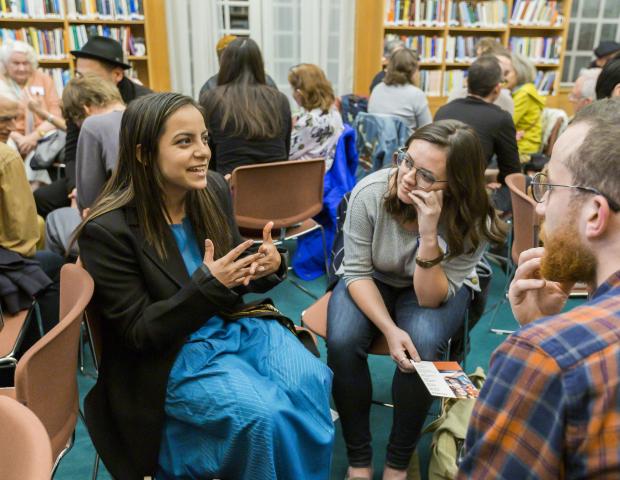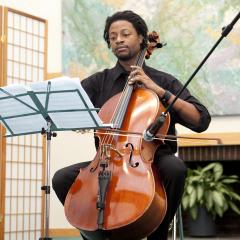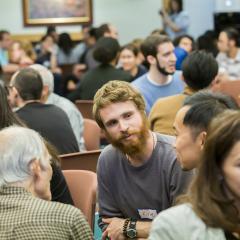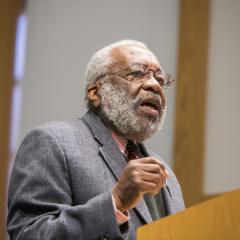What Do We Mean By the Greater Self?
Breakout discussion at 2019 Ikeda Forum
This central concept of Daisaku Ikeda’s reveals how the path of positive personal and social change based on Buddhist humanism is essentially an affirming and expansive one.
Both of these attributes flow from the Buddhist understanding that no life condition or circumstance is permanent, thus allowing for the emergence of new realities. Or, as Mr. Ikeda expressed it in his foreword to Peacebuilding Through Dialogue, this view is based on “an appreciation of life as inherently diverse and mutable” and “embodies an unwavering faith in the limitless potential and dignity of all people.” This potential and dignity are core qualities of the greater self, which, crucially, is inherent in everyone, and therefore does not need to be manufactured, but called forth, affirmed.
In his 2009 message to the Center Mr. Ikeda emphasized that “unlimited promise and power lies within every individual; and that for this truth to take root and flower, one must develop a “self-culture” that transforms the very core of one’s being. What flowers from this self-culture is not the fragile, forlorn bud of the smaller self but the majestic blossom of the larger self — with its boundless capacity for empathy and understanding.” That which is inherent in each of us is our point of connection with others. It is also the source of the kind of diversity among people that contributes to the great “symphony of life” in which our differences are harmonious rather than contentious. This sort of unity in diversity finds expression in Mr. Ikeda’s belief that the realization of the greater self is a process of expansion toward what Emerson called “the universal beauty, to which every particle and part is equally related.”



